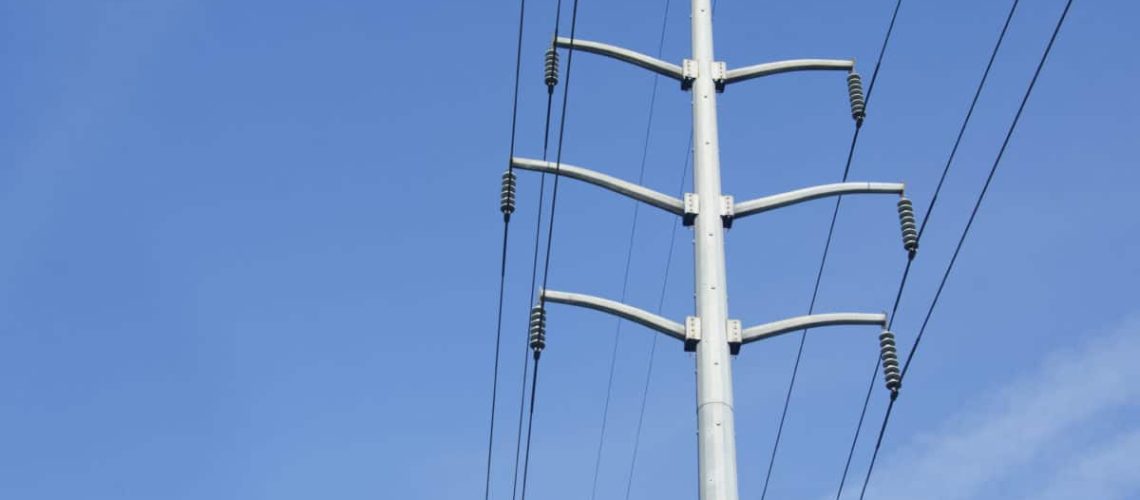The Interstate Renewable Energy Council, lead developer of a toolkit to make it faster and less costly to interconnect distributed storage, now turns to helping states use the toolkit to update their interconnection rules.
Interconnection rules in most states have not yet been updated to account for distributed storage, with its unique ability to deliver energy when the grid needs it.
The outdated rules lead to review processes that “may be more likely to reject an interconnection request” for distributed storage or solar-plus-storage, or to “require grid upgrades that may not be necessary,” says a press statement for a new toolkit to help states update their interconnection rules.
Updating interconnection rules can make it easier to add storage to distributed solar, the statement said, increasing the distribution grid’s hosting capacity for solar and in some cases doubling the hosting capacity.
The Interstate Renewable Energy Council led development of the toolkit, and the Electric Power Research Institute, most of whose board members are utility executives, served as one of eight project partners. EPRI said in a press statement that the toolkit “provides vetted, consensus-based solutions” to eight regulatory and technical barriers to distributed storage interconnection.
IREC will now work with partners to provide training and outreach to “drive adoption” of the solutions, with a goal of supporting regulators in “at least 35 states,” said IREC Vice President Radina Valova. The trainings will also be open to interested utilities and advocacy groups.
The toolkit recommends word-for-word updates to state interconnection rules, based on the model rule used by many states known as the Small Generator Interconnection Procedures, developed by the Federal Energy Regulatory Commission. The toolkit says that states that followed other model rules “should easily be able” to incorporate the changes.
State public utility commissions may need technical guidance in implementing the toolkit’s recommendations, said Valova with IREC. The nonprofit already engages as a public interest stakeholder in state interconnection proceedings, providing technical assistance on topics such the IEEE 1547-2018 smart inverter standard.
The toolkit was developed through the BATRIES project, funded by the US Department of Energy. Other BATRIES project team members besides IREC and EPRI were the solar trade group SEIA, the California Solar & Storage Association, utilities PacifiCorp and New Hampshire Electric Cooperative, and law firm Shute, Mihaly & Weinberger. The Energy Storage Association was a project partner before it merged with the American Clean Power Association.
Ten states have already updated their interconnection rules to facilitate distributed storage interconnection, says the toolkit: Hawaii, California, Nevada, Arizona, Colorado, Minnesota, North Carolina, Virginia, Maryland, and New York, plus the District of Columbia. An additional four states are in the process of doing so: New Mexico, Illinois, Massachusetts and Maine.
While the toolkit’s recommendations are designed to remove eight types of technical and regulatory barriers to the interconnection of distributed storage, an appendix notes additional barriers that await further solutions development.
A webinar discussing the toolkit is set for April 26. The project website takes requests for toolkit training.



